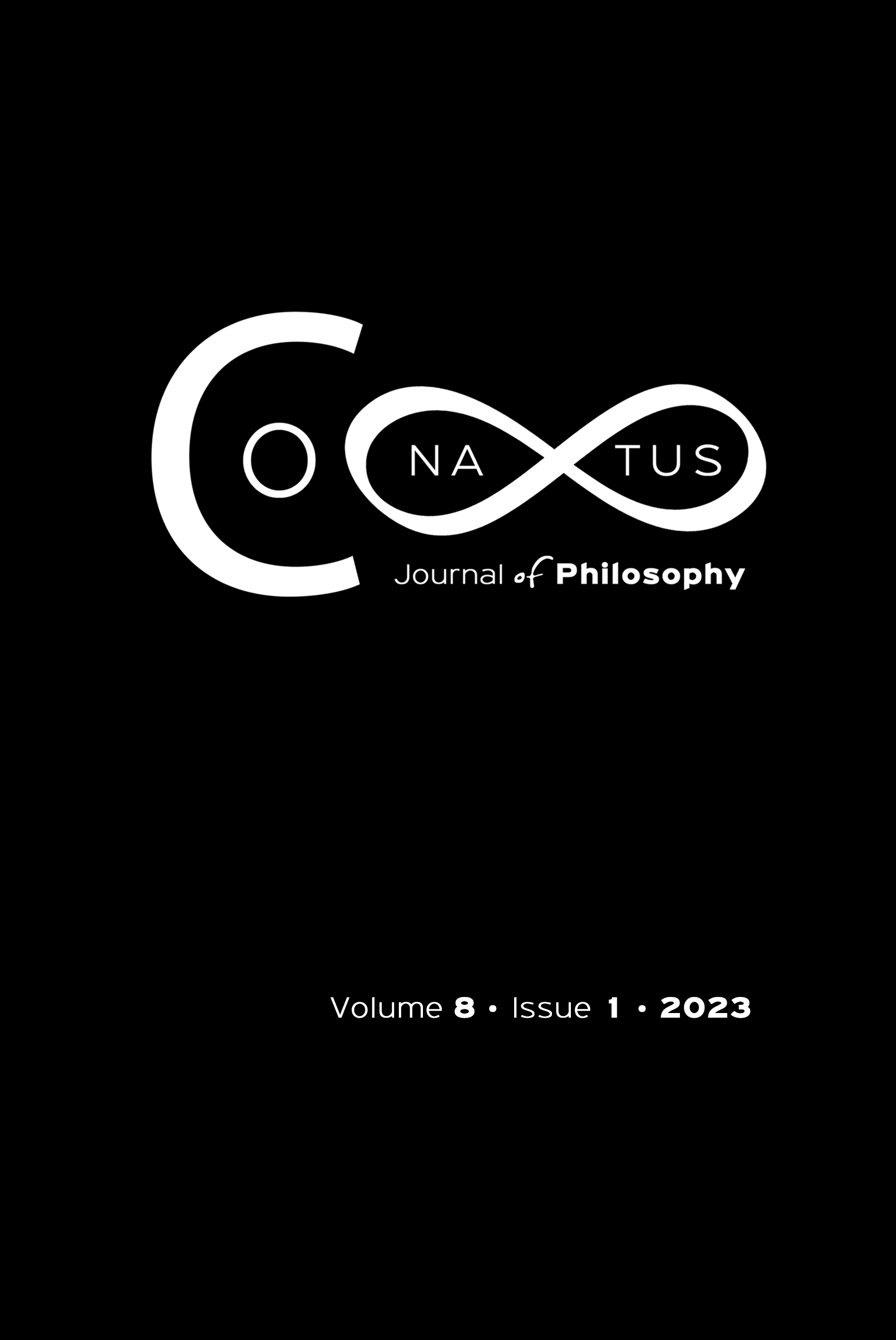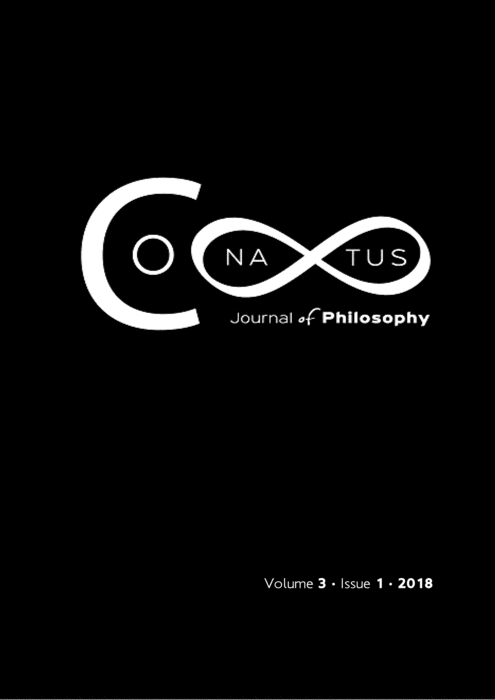Confucius’ Ontological Ethics

Abstract
Confucius associates the good and the beautiful. Li (translated variously as “ritual propriety,” “ritual,” “etiquette,” or “propriety”) embodies the entire spectrum of interaction with humans, nature, and even material objects. I argue that Confucius attempts to introduce an ethical ontology, not of “what,” but of “the way.” The “way” of reality becomes known with the deliberate participation to the Dao. In other words, through interaction. The way people co-exist demonstrates the rationality of the associations of living and functioning together. Li, as an aesthetic-moral principle, embodies the entire spectrum of one’s interaction with humans, nature, and even material objects. Li is a constitutive element of Confucian ethics and politics, highlighting the importance of beauty, and not only goodness, in human action. The worthiness of human action is judged both aesthetically and morally. Moreover, I hold that Confucius’ ethical ontology is not an ontology of “whatness” but of “howness,” according to the Dao, since Confucius primary concern was not to define the Dao, but to restore the Dao of the ancient sage-kings. The morality of the action is dependent on the way it is performed, according to the mandates of the Dao.
Article Details
- How to Cite
-
Steiris, G. (2023). Confucius’ Ontological Ethics. Conatus - Journal of Philosophy, 8(1), 303–321. https://doi.org/10.12681/cjp.32081
- Section
- Articles

This work is licensed under a Creative Commons Attribution-NonCommercial 4.0 International License.
Authors who publish with this journal agree to the following terms:
Authors retain copyright and grant the journal right of first publication with the work simultaneously licensed under a Creative Commons Attribution Non-Commercial International License (CC BY-NC 4.0) that allows others to share the work with an acknowledgement of the work's authorship and initial publication in this journal.
Authors are able to enter into separate, additional contractual arrangements for the non-exclusive distribution of the journal's published version of the work (e.g. post it to an institutional repository or publish it in a book), with an acknowledgement of its initial publication in this journal.
Authors are permitted and encouraged to post their work online (preferably in institutional repositories or on their website) prior to and during the submission process, as it can lead to productive exchanges, as well as earlier and greater citation of published work.






